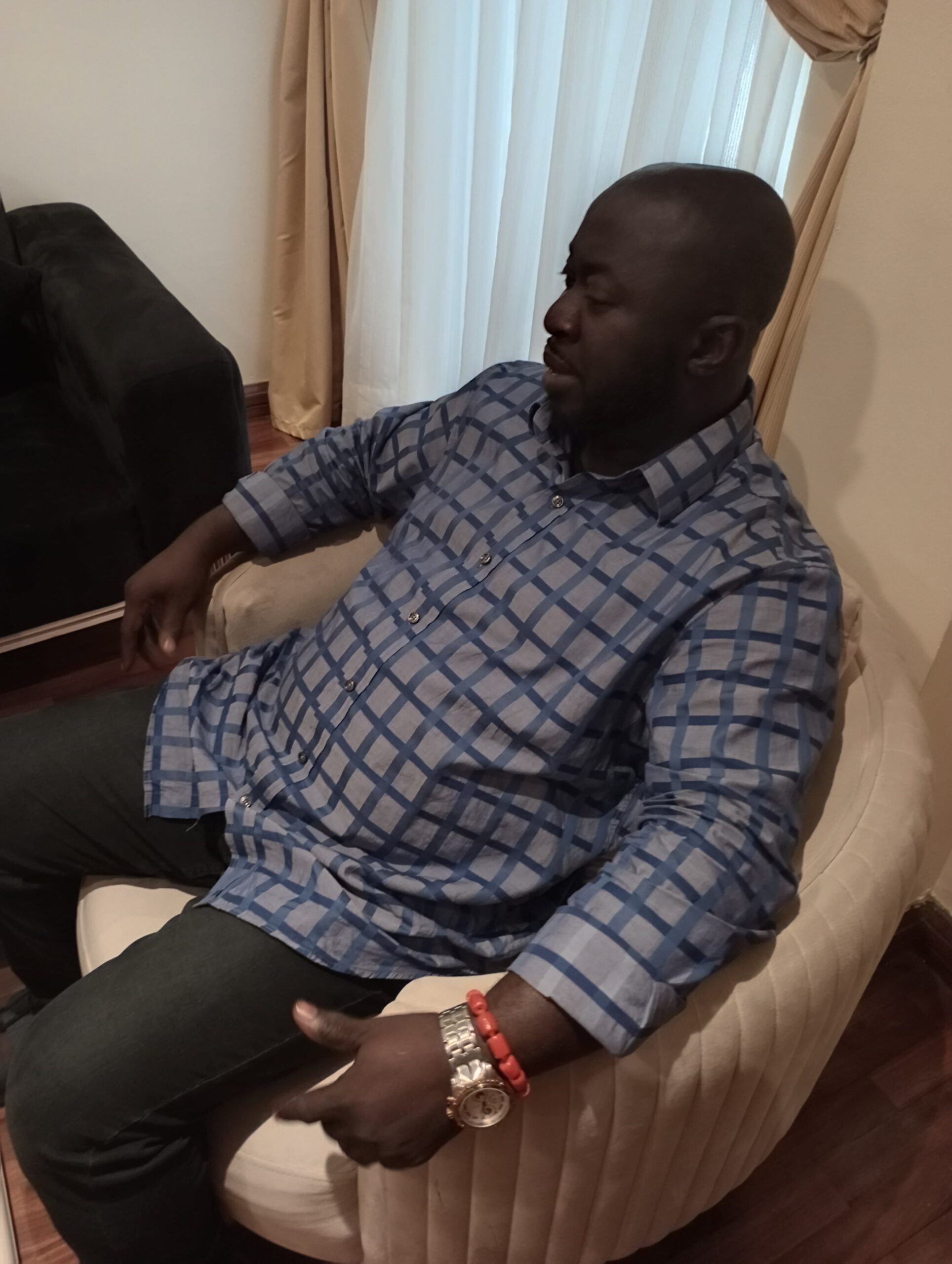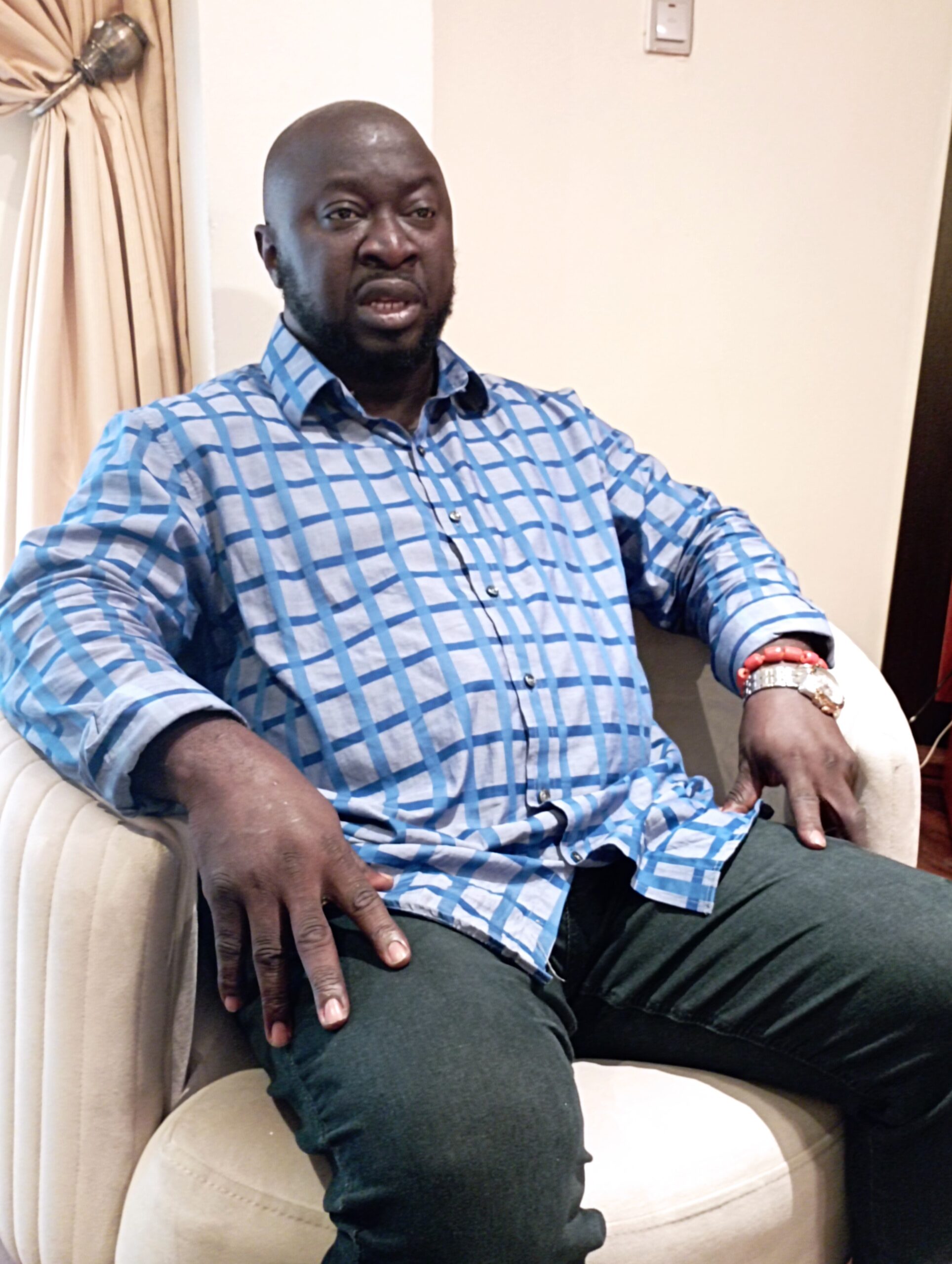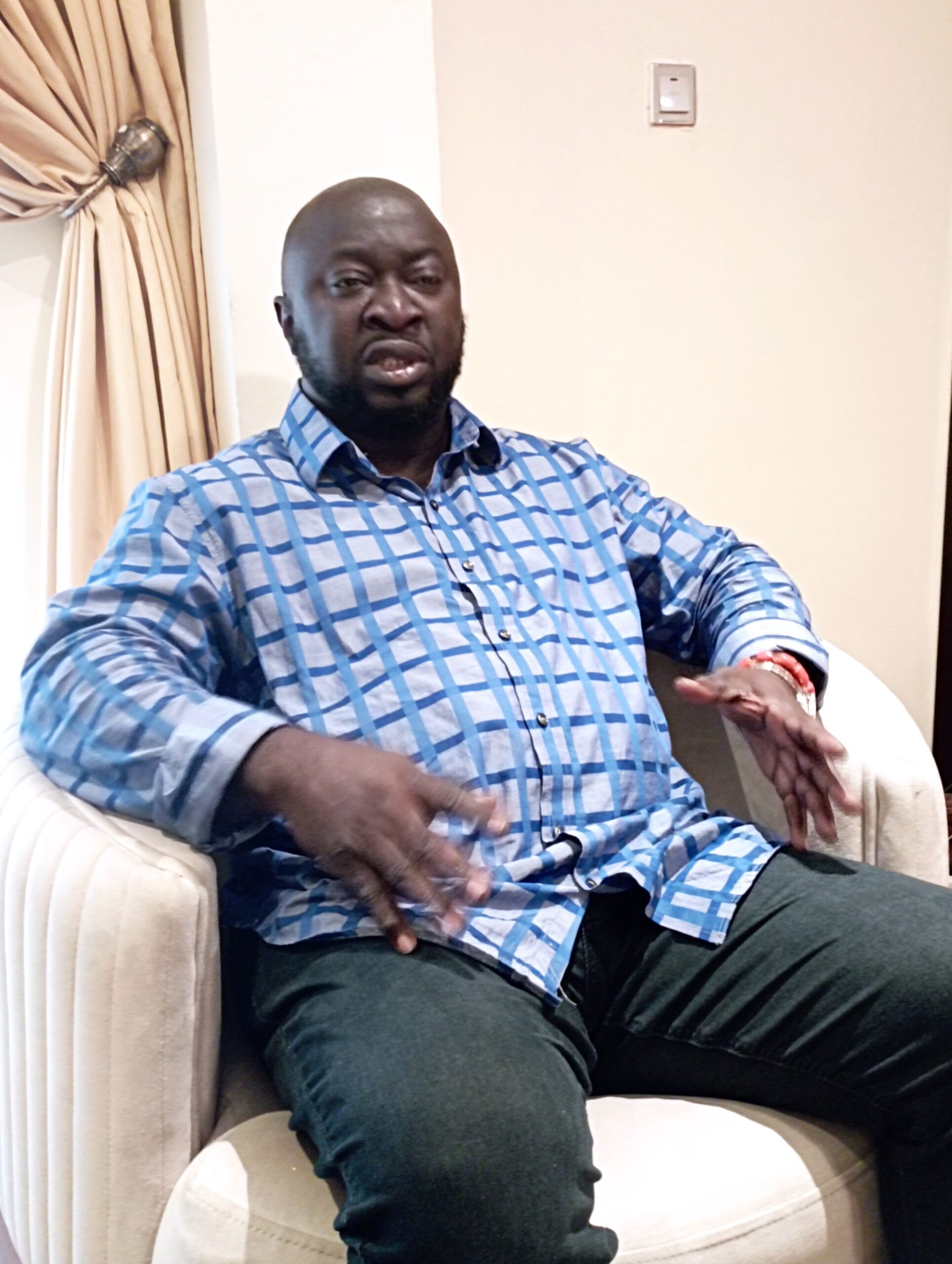Prince Saheed Olusi is the President of the Eko Club International, a global conglomerate of Lagosians in Diaspora. In this interview with thegazellenews.com‘s Musbau Rasak and Dare Ojelade, he speaks on what led to the formation of the group and its activities particularly, the Annual Health Mission to Nigeria

Briefly, tell us, what is Eko Club International?
Eko Club International is a global conglomerate of Lagosians in Diaspora, who believe in giving back to our communities.
Currently, we have 25 chapters across the globe, primarily in United States, Canada and United Kingdom. Essentially what we do is to look for resources, raise funds among ourselves, and use that to execute projects for the benefit of the common man in Lagos.
The most significant of our project is the medical mission, and this started under Asiwaju Bola Ahmed Tinubu’s administration in Lagos state. If you can recall the ‘Jigi Bola Project’, that was Eko Club International. We do this every two years except during the Ebola crisis and the COVID-19 crisis in 2020.
This year we were in Lagos to give back to the communities in terms of this free community house reach. With us, we have about 75 volunteers from abroad, most of who are in the medical fields: doctors, surgeons, nurses, and a host of others.
This year our medical mission covered 10 different locations that were evenly spread among the five divisions of Lagos state. We started at Isolo that is where we have our clinic, directly across the palace of the Isolo Monarch.
Did you build the clinic?
Yes we did. We have an existing relationship with most Monarchs, and His Royal Majesty, Oba Kabiru Alani Agbabiaka is one of our fathers. The Isolo community gave us a plot of land adjacent to the palace, and we built a clinic there, and also a community center, all for the use of residents of the community.
How many of such projects do you have across Lagos?
That’s the first one, it’s our pilot project. Once we are able to perfect that, we have plans to replicate that across other locations. Speaking about that, the Alapa of Apa just recently gave us three plots of land for similar project when we visited him. Another traditional ruler also gave us one acre of land for projects like that.
Is it the community that will pay for supply of drugs, operations and staff of such clinics or the state government?
The way it’s set up right now, we are talking to the Lagos state Ministry of Health so that they can send their personnel and we can collaborate on that.

Eko Club, What really informed the formation of that club?
Back in 1999, history have it that Asiwaju was in town, there were few clusters of Eko people around town and he encouraged them to come together so that they can galvanise forces, and that was what gave back to Eko Club International.
During the formation years, there were maybe about five different organizations that came together to form the club, and in the last 22 years we have grown significantly to about 25 active chapters currently operating.
Comparatively, for this medical mission project is capital intensive, how much do you spend annually on it?
In 2018, I was the Chairman of the Medical Mission. We did not have any collaboration with Lagos state government at that time. We put in about US$120, 000 to do that. And this was money that was contributed mostly by members and with few donations here and there, so it’s really capital intensive. Because we are buying a lot of medication that we are bringing in, paying for security and accommodation, and a lot of other things. But once we have Lagos state government partnering with us, the cost will be drastically reduced.
This is a huge project, financed by hard earned money by members, what future plans do you have to collaborate with organisations, government that can help in financing this project?
Absolutely, we are always looking for partners, sponsors and collaborators. That will help us do a whole lot more, if we have people that are supporting this project we will definitely reach further and farther. So that people who are really in need in the south areas can benefit from it. Maybe instead of doing 10 once in two years, we will do more.
In addition to that, we just started something; it’s a smaller project where we have few medical personnel come around every three months. We did two this year already at Isolo, we are not able to do it in October or September, because we are already here for a big one. So we will have another one in December. This year is the test-run year.
Who are the main targets of this medical mission?
Everybody, male female, Lagosians, non-Lagosians, as long as you live in the areas where services are being provided for free.
This medical mission in addition to bring in personnel, we also brought a lot of medication that we give for free when we go out. As part of the project we included cervical Cancer screening, Hepatitis B and C screening, dental screening leading to cleaning of the teeth and extraction if necessary, there is vision screening leading to gift of free glasses and frames if warranted.
What has been the response of the natives so far?
Most of us paid our way to get here, so people are volunteering, nobody bought their tickets, they are not only losing money from not going to work while they are here, their bills are doubled. And most people are returning volunteers, because when you come and do something like this, it may not be significant to you, but you will see it on the faces of the beneficiaries, how this is positively impacting their lives and that is the gratification, you will want to do more.
That’s why a lot of people who have been here before are coming back. This year we have few people who are coming for the first time, and they are already sold onto it that they are coming again. When you provide this type of services for people and it’s free, according to our people, they say that health is wealth; you will see the instant gratification.
When they go through the line, talk to nurses, get registered, nurses provide medications about their health, they see the doctors who also give them advice during the consultation. They will go out and get their free medication that will last at least 30 days.
Has there been any challenges?
I wouldn’t say challenges, every operation has its own hitches. What we hope to attain is to have our local host ready, so that when we get there at 9 o’clock in the morning we can immediately get to work. But most of the time, when we get there, it will take about an hour or so. We would have informed them of how we want the place to be set up, but they do it in different way. That kind of slows us down a little bit.
How do you create the awareness among the group?
In the past what we did was we go on air, radio, newspaper, telling people the work time. But the feedback we got was that people were coming to all locations to get more medication. In order to reduce the issue of professional client, we decided to leave the mobilization to the local host.
For example if you are working with the local government, it becomes your responsibility to mobiilise people and tell them the locations.
And what we hope to achieve by that is that is to make sure that nits only the people from that part of community that is benefitting from the project.
What hope do you see for this project in future?
This is something I have done over the years, and because we are a growing organization, we know that we have to do more. We are more open to have more collaborators. We attempted that this year, and we got some supports. We are really good thinking about branding the medical mission as a project on its own, so that it will be professionally administered, and we can go for fund raising and partner, so that we can do more.
Previously we are doing about 300 per location, this year we planned for 500 per location. But we have been to like two locations, where we found more than a thousand people. So if we have more resources, we will able to do more.
How do you manage to convince your employers to release you for this mission?
For the most part, people have paid time off, vacation time. In my case, I know this is my medical mission here; I have saved about three weeks for this trip. I am still going to get paid, though, because I am on vacation, it’s break time. But people who don’t have that type of grace, people who work hourly, that’s three weeks of pay that they are not getting. That’s lots of sacrifice in terms of money you are spending and not making. It’s none of employers’ business.
Don’t they get sacked?
No, they would have had to take time off whether they are getting paid or not, they must have notified their employers.


